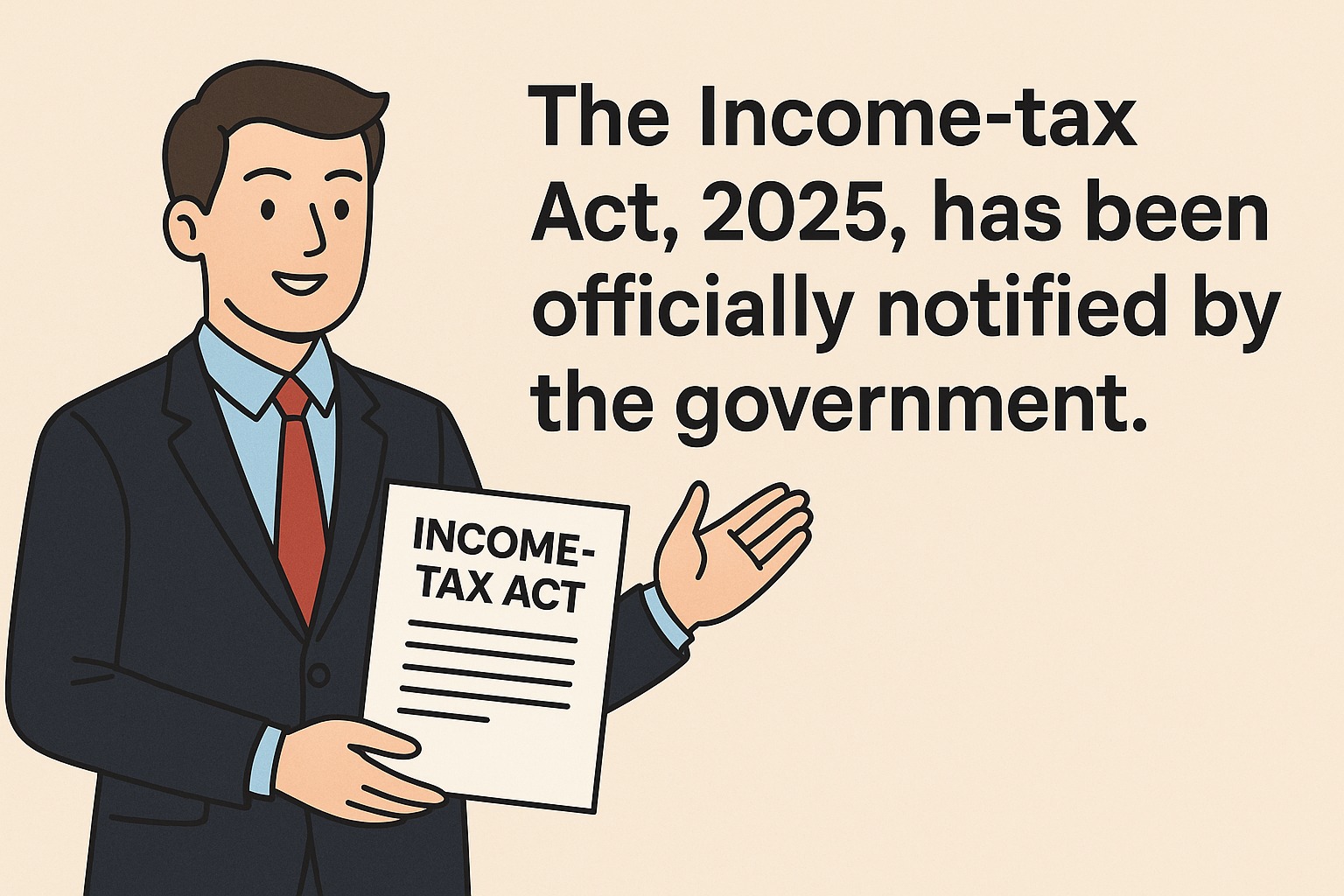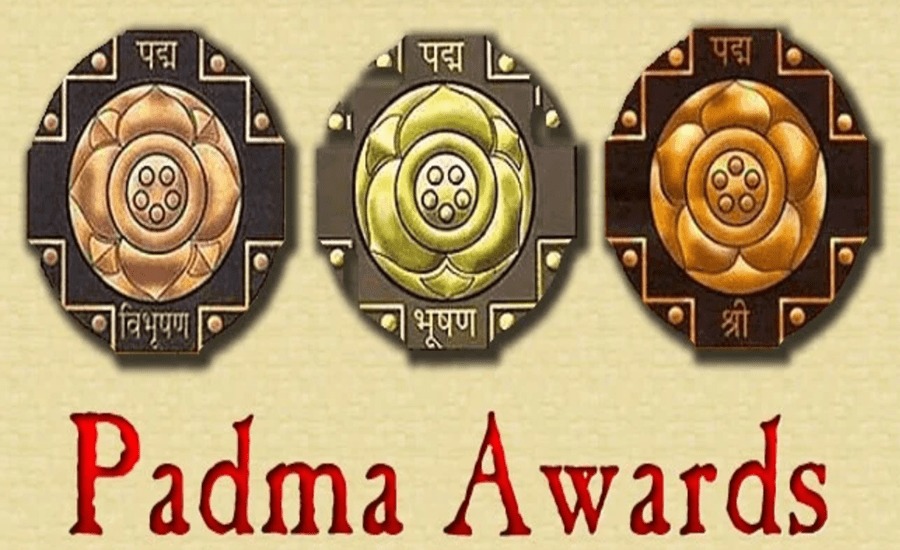@JUDGMENTTAG-ORDER
T.S. Sivagnanam
1. The challenge in this writ petition is to an order passed by the second respondent dated 10.10.2000 as confirmed by the first respondent by his order dated 16.07.2001. By the impugned orders, the petitioner, who was the Superintendent of the respondent-Board, was imposed with a penalty of stoppage of increment for a period of six months without cumulative effect.
2. Heard the learned counsel for the petitioner and the learned Standing Counsel for the respondent Board.
3. The petitioner while functioning as Superintendent was issued with a charge memo dated 31.08.2000, which contains the followings article of charge:
That Thiru T.K. Sundararaman, while working as Superintendent /D.P. II Section has misguided in the note file relating to Thiru P.J. Vincent, Ex-A.E.E./E.1 that the competent authority to initiate disciplinary proceeding as per Board''s rule is Chairman, while Board alone is the competent authority to initiate disciplinary proceeding against the A.E.E./E.1 as per the rules existed then. Had Thiru T.K. Sundararaman, then Superintendent rightly putforth in the note file then, as above then such sort of challenging the orders by the Assistant Execute Engineer/Electrical would have been averted and thus the Board by not cancelling the orders issued on him resulting embarrassment to Board would have been avoided. Thus, he has committed a lapse by misguiding in note file as narrated above and neglected in his responsibility. This is a misconduct as per clause 19(iii) ad (ix) of Standing Orders applicable to clerical workmen in Tamil Nadu Electricity Board.
4. The Petitioner submitted his explanation denying the allegations in the charge memo and he had stated that the Chairman is the competent authority to issue the charge memo by relying upon the Regulation 8 (f)(ii) of the Tamil Nadu Electricity Board Employees Discipline and Appeal Regulations of the Board and that in an earlier case, relating to one C. Subramanian, Assistant Executive Engineer (Electrical), the Chairman had framed the charges and therefore, the petitioner had made a note in the file stating that the Chairman is entitled to frame charges against the former Assistant Executive Engineer. Not satisfied with the explanation submitted, enquiry was ordered and the Deputy Chief Engineer was appointed as an Enquiry Officer. The Enquiry Officer conducted the domestic enquiry and submitted his findings holding that the charges were not proved. Thereafter, when the matter went before the Disciplinary Authority, it appears that the Disciplinary Authority did not agree with the findings of the Enquiry Officer and issued a show cause notice on 13.9.2000 directing the petitioner to show cause as to why the punishment proposed should not be imposed. In the said show cause notice, it has been stated that the Disciplinary Authority was not convinced and satisfied with the report submitted by the Enquiry Officer. However, it is seen from the show cause notice that the ground on which the Disciplinary Authority was not satisfied with the conclusions arrived at by the enquiry officer has not been manifestly stated except a bald statement that he was not ''convinced and satisfied''. Ultimately, the Disciplinary Authority did not accept the further explanation given by the petitioner and imposed the said penalty. Aggrieved by the same, the petitioner preferred an appeal to the Appellate Authority, which was also dismissed.
5. Firstly, it has to be seen that there is no allegation of any mis-appropriation or any deliberate attempt to mislead the higher authority in furnishing any information by the petitioner. However, the petitioner was able to substantiate before the Enquiry Officer that in respect of a similar case of one C. Subramanian, who was also an Assistant Executive Engineer (Electrical), the Chairman alone had framed the charges. That apart, the petitioner relying upon clause 8 (f) (ii) of the Tamil Nadu Electricity Board Employees Discipline and Appeal Regulations of the Board, stated that when the competent authority is the Chairman to initiate proceedings by framing charges, the contentions raised by the petitioner was found acceptable to the Enquiry Officer and accordingly, a report was submitted by the Enquiry Officer holding that the charges are not proved. At this stage, it would be useful to refer to the Enquiry Officer''s report, the operative portion of which, reads as follows:
On seeing the note file No. 028874/DP.II/1/93 it is seen that Thiru T.K. Sundararaman has initiated a D.P. file against Thiru P.J. Vincent (A.E.E./Elect/ under suspension) and in his note dated 13.01.1994, he has written in para 6:
As the Chairman, Tamil Nadu Electricity Board is competent authority to frame charges at that time, the draft charge sheet submitted below may please be approved by the Chairman.
4.During the Enquiry, Thiru T.K. Sundararaman has stated that he was handling the particular file dealing with the D.P. against Thiru P.J. Vincent, (A.E.E./Electrical) from May 1993 to September,1994 during the initial period of the D.P. only. As the Disciplinary Proceeding was at the initiate stage, he has just mentioned the authority competent to initiate D.P. and nothing else. After quitting the seat on transfer, the D.P. was proceeded with enquiries during November,1994 and subsequent findings, punishment etc, for which he is not at all responsible. In his written statement dated 07.09.2000, given to the undersigned (Enquiry Officer) he has stated that "only after the findings of Enquiry officer, the nature of punishment imposed can be decided. At the initial stage, the above position cannot be assessed."
5.The issues in this case are whether Thiru T.K. Sundararaman has committed serious lapse by misguiding in the note file and whether he neglected his responsibility.
6.The disputed notes put up by the Delinquent on 13.1.1994 is as shown in para 3 of this findings. In that he has no where stated that the Chairman is the competent authority to impose punishment in such cases. During the Enquiry, the Delinquent has also narrated that question of punishment cannot be assessed/discussed at the initial state itself 7.Hence, the Delinquent has not given misguiding notes and so he has not neglected his responsibility. Thus, it is held that the charge is NOT PROVED.
6. It is no doubt true that the findings rendered by the Enquiry officer is not binding on the Disciplinary Authority. But, however, if the Disciplinary Authority chooses to differ from the findings of the Enquiry Officer, the same shall be done only as per the procedure established under law. It is settled legal position that in such circumstances, the Disciplinary Authority has to prima facie disclose in the show cause notice as to the grounds on which he proposed to differ from the conclusions arrived at by the Enquiry Officer. This is with a view to afford an opportunity to the delinquent employee to give his explanation against the proposed punishment. However, a perusal of the show cause notice issued on 13.09.2000 reveals that such mandatory procedure has not been followed. As noticed above, the show cause notice only states that the Disciplinary Authority disagreed with the findings of the Enquiry Officer. Therefore, the proceeding stood vitiated even at that stage. The petitioner submitted his explanation and apart from pointing out these lapses also submitted that he has been suffering from severe mental agony as there has been a gross delay in finalisation of the disciplinary proceedings and even there was delay in initiation. It was further pointed out that he has put in 33 years of dedicated service to the organisation and therefore, prayed before the Disciplinary Authority to exonerate him of the proposed punishment. However, the Disciplinary Authority was not persuaded by the further explanation given by the petitioner and proposed to impose punishment. In my view, if the proceedings initiated at the stage of show cause notice issued by the Disciplinary Authority 13.09.2000 is vitiated, then naturally all subsequent proceedings also stand vitiated. The findings of the Enquiry Officer are cogent. No reasons had been assigned by the Disciplinary Authority as to why he was not agreeable with the said findings and as to why he proposes to differ. That apart, there has been no explanation for the delay of two years in initiation of the proceeding itself. The petitioner has submitted an explanation and it is not the case of the respondent-Board that he willfully and with certain mala fide intention, misguided the higher authorities. It is further submitted that subsequently, the petitioner was also promoted and retired from service on attaining Superannuation. In such view of the matter, it is held that the punished imposed by virtue of the impugned orders are not sustainable in law.
7. In the result, the Writ Petition is allowed and the impugned orders are quashed. No costs.

